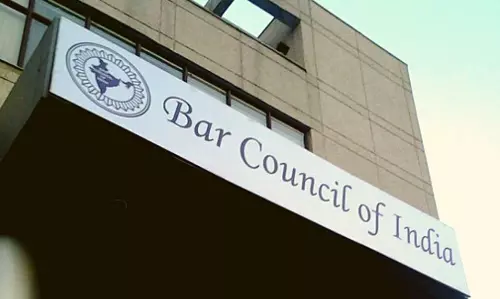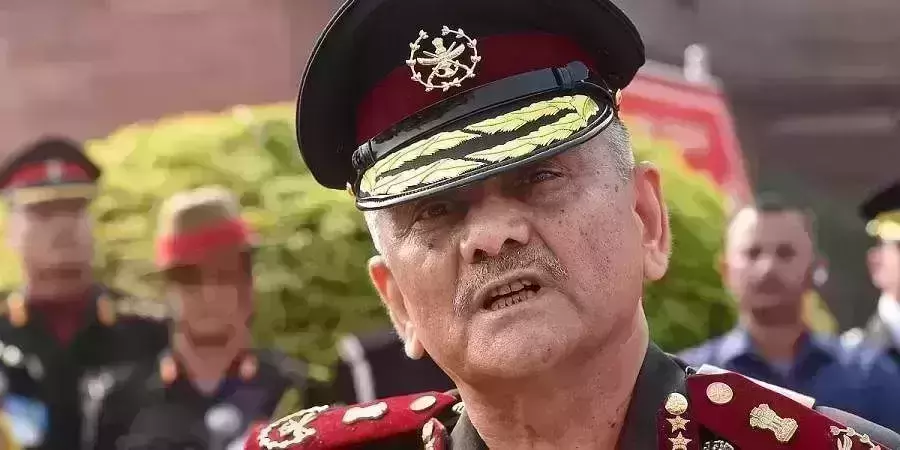
The anti-terror Bill for the BJP?
text_fieldsThe Gujarat Assembly on Tuesday passed the controversial anti-terror Bill amid strong opposition from the Congress and retaining the provisions which had previously been rejected by the President twice.
The Gujarat Control of Terrorism and Organised Crime (GCTOC) Bill 2015 has only minor amendments and is a new version of the Gujarat Control of Organised Crime Bill (GUJCOC), 2003. GUJCOC was respectively rejected twice to the State legislature in 2004 and 2008 by then Presidents A.P.J. Abdul Kalam and Pratibha Patil. Rajnikant Patel, Minister of State Home cited past terror attacks and expressed concern over Pakistan’s attempts at cross-border terrorism. He pointed out the need of a stringent law due to Gujarat’s vulnerable coastline shared with the neighboring country and said that the crimes were posing a threat to the social and economic development of the country.
The Bill which is deemed more dangerous than the much controversial TADA and POTA Acts would be sent to Rashtrapati Bhavan for presidential assent. While the other parties strongly oppose the Bill saying it is politically motivated, the BJP is trying hard to implement it into law stressing on the need to fight terrorism and organized crime. GCTOC is modeled on the provisions of the Maharashtra Control of Organised Crime Act (MCOCA) that was implemented in 1999 by the Maharashtra government with the permission of the first NDA government and continues to be in force today. GCTOC, like MCOCA, allows confessions secured in police custody to be admitted as evidences in court of law. It also allows the custody of an accused for 180 days as against the permitted 90 days under the Code of Criminal Procedure (Cr.P.C). During this period, the accused may or may not be in judicial custody and cannot obtain bail on personal bond. Police custody is normally for very short periods and with a magistrate’s permission. The law also allows the police officials to tap the phone lines and conversations of suspects.
After the September 11 attacks, America unleashed a global war against ‘Islamic terrorism’ and most of the countries formulated similar laws to tackle terrorism despite the strong opposition from international human rights groups like Amnesty International. In India, there is no scarcity of anti-terrorist laws. The UAPA introduced in 1967 by the then government were amended to become more stringent. The state governments are politically and communally misusing the law to target and torture innocents. Despite the opposition from the human rights groups and other similar outfits, the government continues to impose such dangerous laws. When the UPA government first rejected Gujarat’s attempts to pass an anti-terror law the then Chief Minister Narendra Modi had claimed that he was only presenting a ‘xerox copy’ of MCOCA.
But it shouldn’t be forgotten that the law wasn’t sufficient to track down the terrorists or curb the attacks. The law wasn’t used during the time of much condemned Godhra riots or other similar communal massacres. Innocent youths belonging to the minority communities were often targeted, captured and imprisoned indefinitely particularly in fake encounter cases and often dubbed as hardcore terrorists. The President should therefore not be backing the law. The law makers say that the Bill if passed into law would be used only when required. How far this would be practical and possible is yet to be seen.























